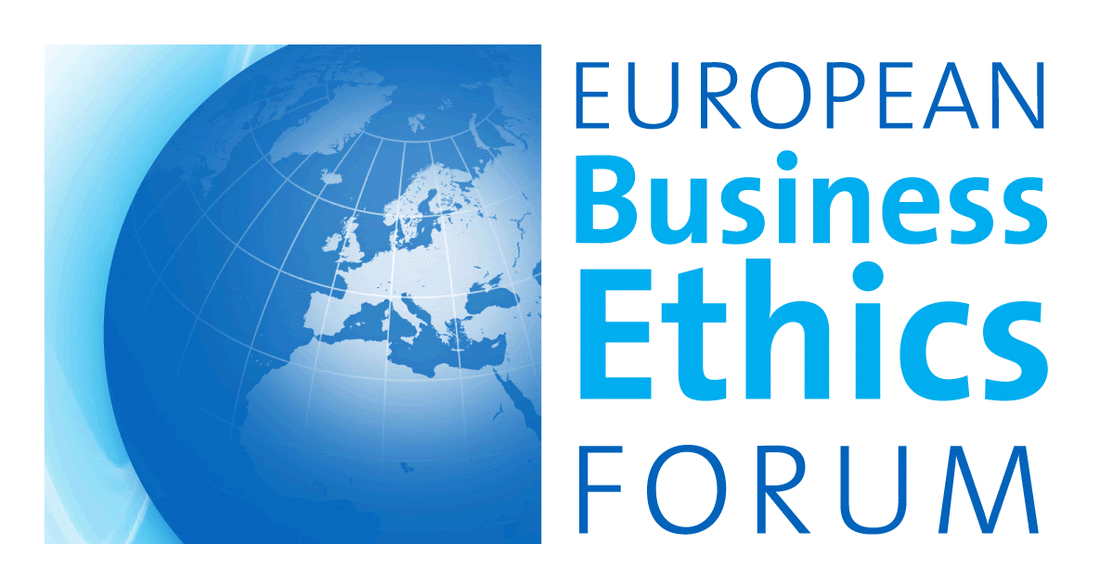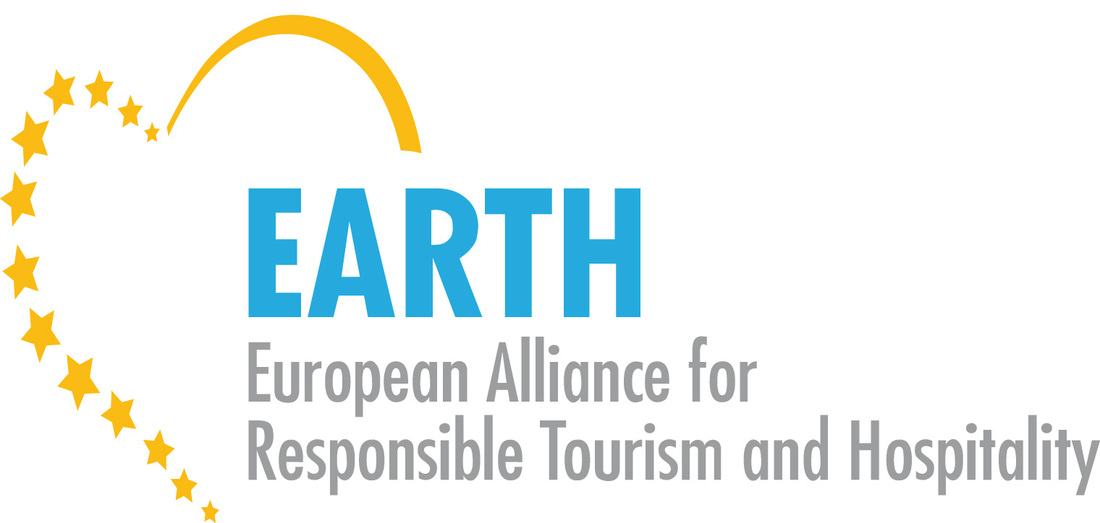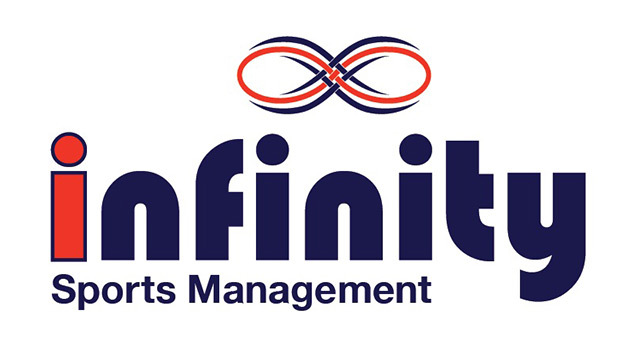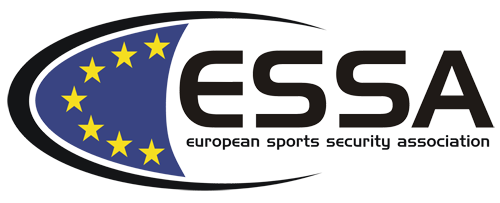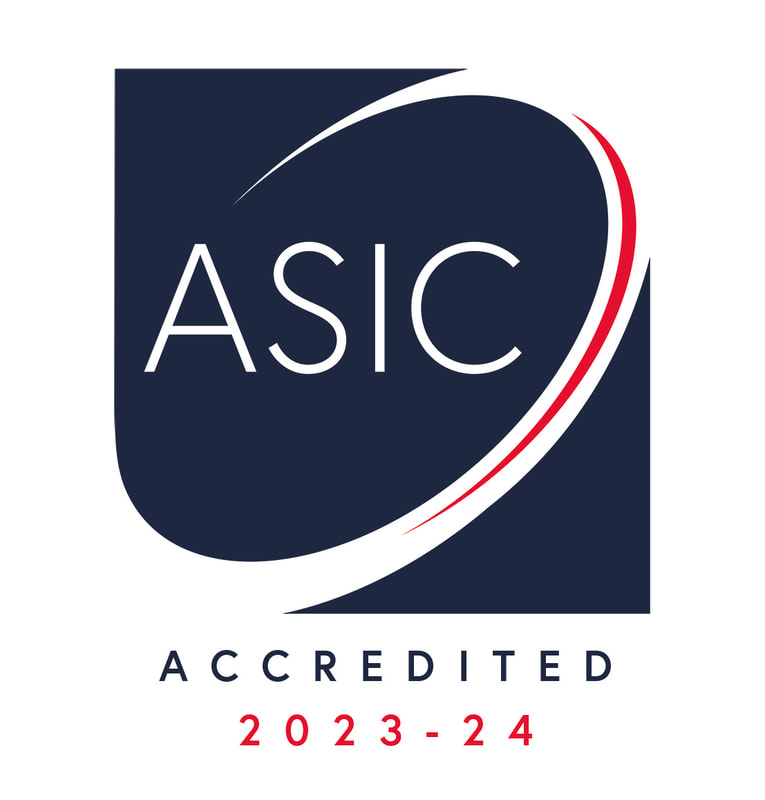LEVEL 7: POSTGRADUATE DIPLOMA
Level 7 Postgraduate Diploma in International Relations (PGDIR)
|
Overview
The Postgraduate Diploma in International Relations is an advanced, academic study of the subject. It is suitable if you plan to progress to a career with an international focus. The programme is designed as a preparation for research work and includes Methodology courses. Structure Course is designed with the combination of research techniques and specialised modules in management context. Learners have to complete all units to complete the Postgraduate Diploma in International Relations with 120 credits: MANDATORY (All 4 of 4) UNIT EXL7823: Theories of International Relations UNIT EXL7847: Foundations of Social Research UNIT EXL7905: Strategic Aspects of International Relations UNIT EXL7993: Environmental Problems and Development Interventions OPTIONAL TRACK 1: (Any 2 of the 5) UNIT EXL7807: European Integration from a Global Perspective UNIT EXL7809: History and Theory of European Integration UNIT EXL7843: Europe Beyond Modernity UNIT EXL7817: The EU in the World UNIT EXL7851: European Union Policy-Making in a Global Context OPTIONAL TRACK 2: (Any 2 of the 5) UNIT EXL7595: The International Relations of the Middle East UNIT EXL7689: Conflict and Peace Studies UNIT EXL7797: Islam in International Relations: From Al-Andalus to Afghanistan UNIT EXL7893: Europe, the US and Arab-Israeli Relations UNIT EXL7791: The International Political Theory of Humanitarian Intervention |
Assessment
Modules are typically assessed by individual assessment. Assessment involves investigative assignments, presentations and action research activities. The main objective of the assessment of the Postgraduate Diploma in International Relations will be to meet the assessment criteria detailed within each unit. Entry Requirements Learners must fulfill the following criteria to gain admission to EUAAB programme: Must hold a Bachelors degree, preferably 2:1 from a EU recognised body, or any recognised foreign university OR Hold a recognised Postgraduate Diploma qualification in Business Management or an equivalent qualification. Additionally, holders of diploma/degree are expected to have a minimum of five years work experience of a professional, supervisory or management nature. Applicants applying from outside of the EU must demonstrate the evidence of the equivalence of the qualification to a EU degree; ‘Equivalence’ to be calculated through National Recognition Information Center. |
Level 7 Postgraduate Diploma in Business Administration (PGDBA)
|
Overview
The Postgraduate Diploma in Business Administration is designed to provide in-depth knowledge and understanding of the various aspects of business management and administration. It provides a rich collaborative learning experience where learners can exchange views with other participants, interact with research active tutors and are challenged to become reflective practitioners. This qualification provides Continuous Professional Development (CPD) to senior managers where learners evaluate their past, present and future performance. Learners will develop their views of management through team work, group interaction, case studies, business simulation and work based learning and reflection. Drawing on personal experience and applying their newly acquired skills and knowledge are key elements of the programme, the course equips learners to be a confident, creative and capable manager, well versed in all management and administration functions with the flexibility to see situations from a fresh perspective. This course builds on a critical perspective that enables learners to explore their leadership styles, understand their strengths and weaknesses, and consider a variety of approaches to change. The Postgraduate Diploma in Business Administration also provides its learners with realistic and appropriate career related guidance for early 21 st Century employment markets. Moreover, the Postgraduate Diploma in Business Administration creates an opportunity for learners to complete their MBA degree from a UK recognised university at an advanced level. Learning Objectives By the end of the qualification, learners will be able to:
|
Structure
Mandatory Units: Unit EXL7621: Organisational Change and Development (20 Credits) Unit EXL7623: Financial Management (20 Credits) Unit EXL7715: Strategic Human Resource Management (20 Credits) Unit EXL7818: Strategic Planning (20 Credits) Unit EXL7999: Research Methods for Managers (20 Credits) Optional Units: (Any 2 of the 6) Unit EXL7661: Entrepreneurship and Business Development (10 Credits) Unit EXL7494: Business and Sustainability (10 Credits) Unit EXL7320: Information Systems for Managers (10 Credits) Unit EXL7348: Strategic Project Management for Managers (10 Credits) Unit EXL7122: Operations and Supply Chain Management (10 Credits) Unit EXL7385: International Marketing Management (10 Credits) Assessment Modules are typically assessed by individual assessment. Assessment involves investigative assignments, presentations and action research activities. The main objective of the assessment of the Diploma in Strategic Human Resource Management will be to meet the assessment criteria detailed within each unit. Entry Requirements Learners must fulfill the following criteria to gain admission to EUAAB programme:
Applicants applying from outside of the EU must demonstrate the evidence of the equivalence of the qualification to a EU degree; ‘Equivalence’ to be calculated through National Recognition Information Center. Professional formation: We encourage our post graduate students to contribute in various European Business Forums. |
Level 7 Postgraduate Diploma in Healthcare Management(PGDHCM)
|
Overview
This qualification provides generic management skills for those planning to or working in the healthcare sector with the addition of units that are specifically targeted at those working in the public sector. The qualification delivers the skills and knowledge that meet the needs of managers in different sectors on a domestic and international platform. Upon successful completion of Diploma in Healthcare Management learners may progress to an MBA programme and claim exemptions for some of the units completed. A flexible route is available for learners who have already achieved management qualifications at a lower level and for learners who do not have healthcare management qualifications, but may have qualifications in other areas and/or prior management experience in the work place. Healthcare Management qualification has been designed
Students enrolled in the programme will study industry relevant topics to include healthcare policy, infrastructure, finance, and healthcare management. The programme is appropriate to both experienced and newly registered health care practitioners. Assessment Modules are typically assessed by individual assessment. Assessment involves investigative assignments, presentations and action research activities. |
Structure
This course is a 120 credit programme consisting of the following units: Unit EXLHC 7635: Advanced Communication Skills In Healthcare Practice Unit EXLHC 7778: Healthcare Legislation, Ethics and CSR Unit EXLHC 7734: Healthcare Management and Leadership Unit EXLHC 7818: Retirement Care Current Practices Unit EXLHC 7899: Contemporary Issues in Healthcare Management Unit EXLHC 7989: Reserach Skills for Healthcare Professionals Entry Requirements Learners must fulfill the following criteria to gain admission to EUAAB programme:
Applicants applying from outside of the EU must demonstrate the evidence of the equivalence of the qualification to a EU degree; ‘Equivalence’ to be calculated through National Recognition Information Center. Progression to work: As a course of high demand our certificate holders are recruited by the major recruiters in the healthcare industry including: |
Level 7 Postgraduate Diploma in Engineering Management (PGDEM)
|
Overview
This programme equips individuals to handle diverse management responsibilities that require knowledge in finance, systems thinking, operations, human resources and the design and management of the supply chain. The course balances academic theory with practical opportunities to demonstrate engineering management capabilities and deliver real solutions through assignments and projects. Scope The programme is intended to benefit a wide range of participants, in particular:
Learning Objectives The aims of this programme is to enable engineering managers to:
Structure Unit EXL7421: Logistics and Global Supply Chain Management (20 Credits) Unit EXL7754: Manufacturing Systems and Economics (20 Credits) Unit EXL7021: Reliability Maintenance and Quality Management (20 Credits) Unit EXL7129: Managing People and Organisations (20 Credits) Unit EXL7519: Project Management (20 Credits) Unit EXL7995: Research Methods for Engineering Managers (20 Credits) All units are mandatory. Assessment Modules are typically assessed by individual assessment. Assessment involves investigative assignments, presentations and action research activities. The main objective of the assessment of the programme will be to meet the assessment criteria detailed within each unit. Entry Requirements Learners must fulfil the following criteria to gain admission to EUAAB programme:
Applicants applying from outside of the EU must demonstrate the evidence of the equivalence of the qualification to a EU degree; ‘Equivalence’ to be calculated through National Recognition Information Center. |
Learning Outcome
|
Level 7 Postgraduate Diploma in International Commercial Law (PGDICL)
|
Overview
An exciting, commercially-relevant programme that provides an in-depth curriculum and thorough training in the law, policy and legal regulation that governs some key areas of commerce and industry worldwide. This course is particularly relevant for students who anticipate careers in business and industry, or intend to specialise in legal practice in the commercial area, and wish to develop expertise and hands-on ability to address and manage business development within a legal framework, whether in the EU, UK or internationally. Scope This course is ideal if you are a • recent law graduate looking for a postgraduate course • professional wishing to enhance your specialist knowledge and skills You advance your knowledge and appreciation of the key components of international commercial law and consider a number of legal initiatives at European and international levels. The course enhances your employability by providing you with the knowledge and skills that are invaluable for a number of career routes upon qualification. Assessment Modules are typically assessed by individual assessment. Assessment involves investigative assignments, presentations and action research activities. The main objective of the assessment of the programme will be to meet the assessment criteria detailed within each unit. |
Entry Requirements
For entry to the course you should be one of the following:
Structure This course is a minimum 120 credit programme consisting of the following units. Core Units: Unit EXLCL 7431: International Business Law Unit EXLCL 7468: Intellectual Property Law Unit EXLCL 7491: Public International Law Unit EXLCL 7626: Comparative Company Law Unit EXLCL 7993: Legal Skills and Advanced Research Methods for Legal Practitioners Optional Units: Unit EXLCL 7664: International corporate governance Unit EXLCL 7761: European Union Trade Law Unit EXLCL 7880: International Commercial Dispute Resolution Unit EXLCL 7799: International Comparative Tax Law Unit EXLCL 7455: International Human Rights Law Unit EXLCL 7982: International Banking Law In addition to the core units, a student must complete another two optional units to get a Post Graduate Diploma, completing only the core units will qualify a learner for a Post Graduate Certificate. |
Level 7 Postgraduate Diploma in Global Hospitality Management (PGDGHM)
|
Overview
The course examines the inter-relationship between the hospitality and tourism sectors and explores strategic issues in business development. Our worldwide industry connections enable our postgraduate students to study the hospitality industry from an entrepreneurial, operational and strategic management perspective. You not only address core business and management subjects, but also hospitality as a global phenomenon and how it is consumed by different cultures. The course is ideally suited for graduates wishing to increase their knowledge in a specialist sector, for people in the early stages of their careers looking to develop them further, or for those seeking a change in career direction entirely. We are an member of the United Nations World Tourism Organization (UNWTO), which informs our course designing. Assessment Modules are typically assessed by individual assessment. Assessment involves investigative assignments, presentations and action research activities. Professional affiliations that EUAAB follows |
Structure
This course is a minimum 120 credit programme consisting of 5 Core units, 20 credits each and 1 Optional unit with 20 credits. Core Units: Unit EXLGHM 7421: Manageing Hospitality In A Global Context Unit EXLGHM 7581: Human Resource Management in Hospitality Industry Unit EXLGHM 7692: Critical Hospitality Studies Unit EXLGHM 7313: Managing The Service Experience Unit EXLGHM 7992: Research for Senior Hospitality Managers Optional Units: Unit EXLGHM 7121: Critical Approaches to Hospitality Management Unit EXLGHM 7181: Strategic Perspectives In Hospitality Industry Unit EXLGHM 7192: The Business Of Hospitality Entry requirements
Progression to work: As a course of high demand our certificate holders are recruited by the world leaders in the Hospitality Industry including: |
Level 7 Postgraduate Diploma in International Sports Management (PGDISM)
|
Overview
This qualification has been developed in request to sports club stakeholders to provide a thorough sports management grounding for those who are excited by the new career paths opening up in the expanding field of sport management and sport business. The programme is intended for those who have a background in business or management studies, but who wish to follow a professional career in the sports sector. It is also for those who have an academic background in sport, for example in sports science, but who wish to understand sports business and management. Those already employed in the sector but who wish to advance their career through part-time study, are also welcome. The programme has a strong theoretical base in business and management studies but this is always combined with practical applications to the needs of sports organisations. Assessment Modules are typically assessed by individual assessment. Assessment involves investigative assignments, presentations and action research activities. Relevance to work/profession Career pathways in the rapidly developing fields of sports management and sport business offer the prospect of rewarding and fulfilling employment in the commercial, public and not-for-profit sectors. At present there is no professional accreditation required to practice as sport manager. However, many areas of sport require management and business professional people, with a knowledge of the sport context and a high level of analytical and communication skills. Opportunities include those provided by the following:
|
Structure
This course is a minimum 120 credit programme consisting of 5 Core units, 20 credits each and 1 Optional unit with 20 credits. Core Units: Unit EXLGHM 7524: Sport Policy and Politics in Culturally Diverse Societies Unit EXLGHM 7677: Sport Venue and Event Management Unit EXLGHM 7891: Corporate Social Responsibility in the Sports Industry Unit EXLGHM 7819: Principles of Marketing for Global Sport Industry Unit EXLGHM 7262: Research for Senior Sports Managers Optional Units: Unit EXLGHM 7661: Applied Professional & Personal Development Unit EXLGHM 7611: Sports Facilities Management Unit EXLGHM 7452: Sports Development & Planning Entry requirements
Professional affiliations that EUAAB follows |
|
|
|






